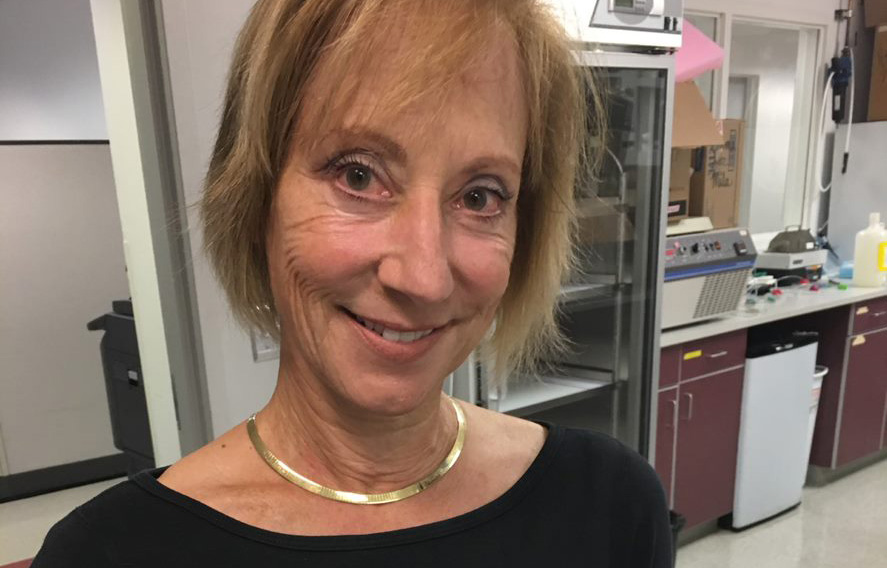As part of their larger initiative to understand the effects of space conditions on different organisms, NASA has awarded $2 million to Sanford Burnham Prebys assistant professor Karen Ocorr. The grant will fund a three-year project to study the effects of low gravity on muscle and neuron function in fruit flies and nematode worms aboard the International Space Station.
“Getting a precise understanding of how altered gravity impacts model organisms like the fruit fly puts us one step closer to understanding how to sustain human life in space long-term,” says Ocorr. “We may not look like them, but most of the genes and proteins that make our muscles and nerves function are remarkably similar.”
While fruit flies have been used for space studies since the 1940’s, the need to study the effects of gravity on life has become more pressing as the possibility of colonization of the moon or Mars becomes more feasible.
“It’s been six decades since the first human spaceflight, but there’s still so much we don’t know about how our bodies respond to altered gravities, like why astronauts continue to experience muscle atrophy in space regardless of how much exercise they get,” says Ocorr. “NASA’s Artemis program will put astronauts on the moon again, and studies like ours will help NASA design countermeasures to maintain their health while living in reduced gravity.”
This is not the first time that Ocorr has put fruit flies into space. A study from her lab published last year in Cell Reports found that prolonged exposure to zero gravity causes cardiac constriction and changes in muscle proteins in flies. The new project will expand upon those findings, looking at both muscle and nervous systems in flies and worms reared aboard the International Space Station under simulated Earth, Mars and lunar gravities.
“We’ve already seen that gravity impacts the flies’ heart function and maintenance, but now we want to better understand exactly how,” says Ocorr. “The idea is to derive a dose-response curve for gravity and identify common biochemical markers, and, ultimately, genes that change their expression patterns in response to gravity.”
The grant is titled, “Integrated physiological responses of CNS and muscle in Drosophila and C. elegans along a gravity continuum.” Co-investigators on the grant include Siddhita Mhatre, PhD, and Janani Iyre, PhD, from the NASA Ames Research Center and Nathaniel Szewczyk, PhD from Ohio University.
